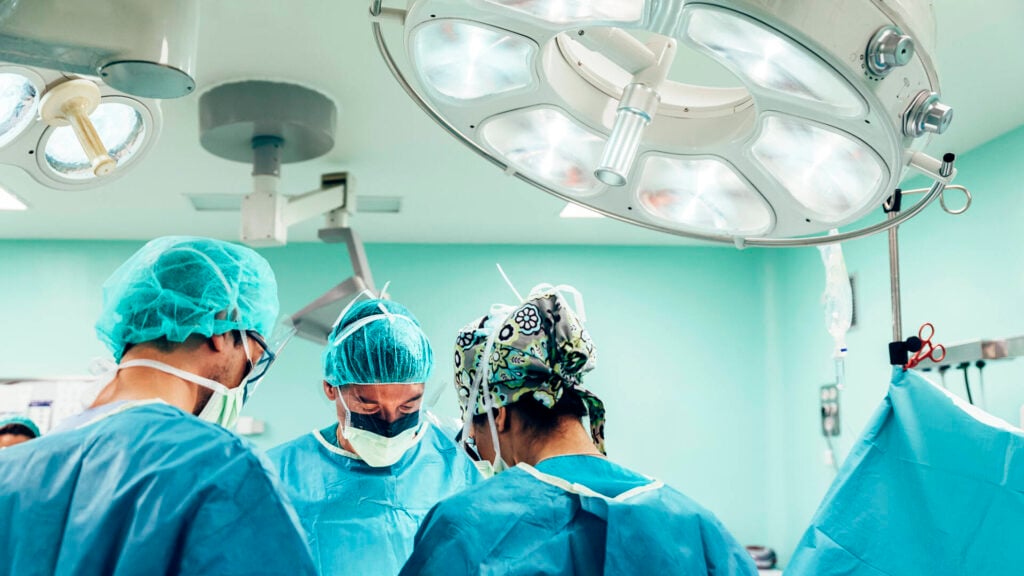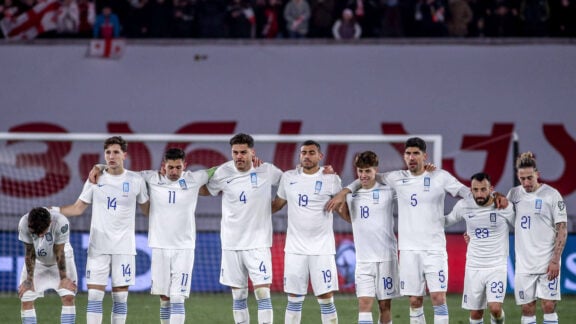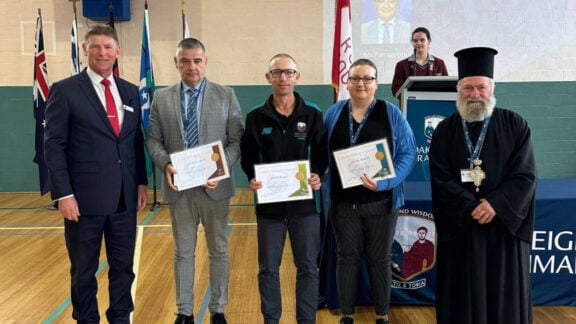A 15-year-old Greek boy named Dimitris has successfully undergone a life-saving liver transplant in Turin, Italy, following acute liver failure caused by heatstroke during a hike in Metsovo.
Dimitris, who suffers from a severe form of anhidrosis, a rare disorder that prevents the body from sweating, collapsed while hiking in high temperatures, triggering a critical case of liver failure.
He was initially admitted to the Metsovo Health Centre in a coma and subsequently transferred through a coordinated medical effort to the University Hospital of Rio in Patras, before being airlifted to the Le Molinette transplant centre in Turin.
Greek Health Minister Adonis Georgiadis confirmed the news in a post on social media platform X (formerly Twitter), stating:
“The prayers of all of Greece have been answered. After an 8.5-hour surgery at the specialised Transplant Centre in Turin, 15-year-old Dimitris has been saved. The transplant was successful and he will soon return to Greece healthy and with his family.”
Georgiadis extended his gratitude to all medical teams involved, from Metsovo to Ioannina, Patras and ultimately Turin. He especially praised the ICU team at the University Hospital of Rio and its director, Dr. Iliadis, for their tireless efforts to keep Dimitris alive until the transplant could be performed.
According to Le Molinette Hospital sources, an extraordinary mobilization of medical resources took place upon Dimitris’s arrival. A compatible liver was found within 48 hours, thanks to his urgent placement on Italy’s “super-emergency” transplant list.
Renowned surgeon Professor Renato Romagnoli, director of the hospital’s Liver Transplant Centre, led the surgical team. Hospital officials noted that Dimitris’s condition was extremely critical upon landing at Turin’s Caselle Airport, requiring a full-scale response beyond standard capacity.
While the transplant was successful, doctors caution that it will take several days to assess the long-term outcome. Dimitris remains intubated in the intensive care unit under continuous observation.
The case has sparked an outpouring of support from across Greece and highlights the importance of international cooperation in emergency pediatric transplants.









